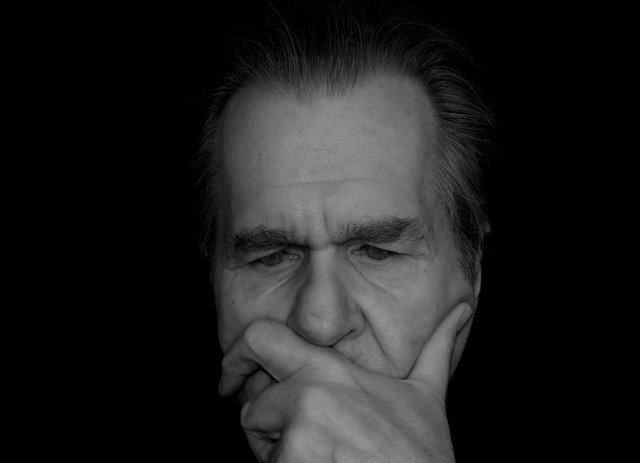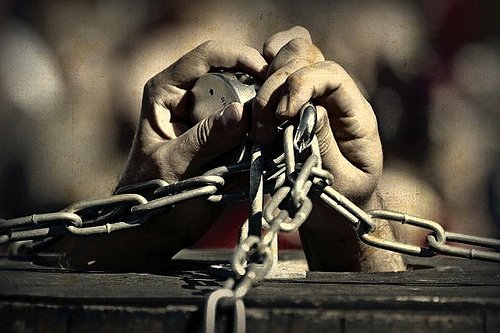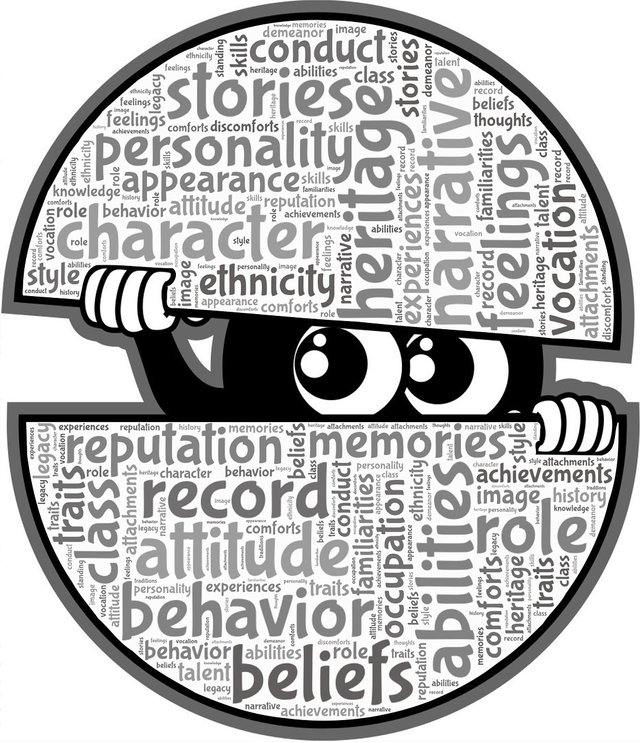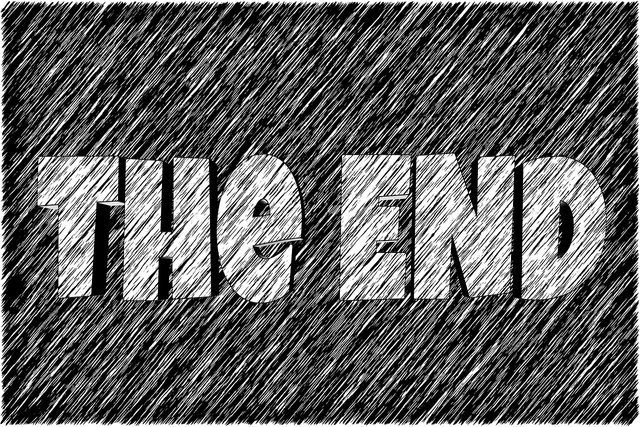Living With PTSD: A Personal Take On Emotional Crises
Emotional Disturbances: can wreak all kinds of havoc in one’s life. Much of it goes unseen and is brutally painful.
Like thinking you’re right for feeling the the world is constantly moving underneath you. Or being on a fishing boat out at sea, trying to continually adjust to changing swells.


Though the reality that others are not on the same boat and you know it, sometimes you can even be perfectly ok accepting that the boat is only a construct of the emotions and the mind playing tricks.

- So you account for that too.
While attempting to undue the emotional knots can seem like an impossible feat.

Sometimes the best you can hope for is to see the waves coming, to brace for them and hunker down, weather the storm.
Other times you feel "normal." Like there’s nothing else there and whether it’s PTSD, C-PTSD, Panic Disorder, or Anxiety I think it IS better to not own the label TOO much. To not cling to it too tightly.
Not to dismiss what going on, but identifying with it, may be like identifying with a pair of shoes or a sore knee. The knee can get better, or be managed. The shoes, can be repaired (or replaced.)
So whatever is causing the trouble it can be healed.
It’s an ongoing thing, that doesn’t happen overnight.
It requires work, effort, perspective and one of the difficult things about it is just get get back to a “normal setting” it can be like climbing a mountain. So that enjoying others’ company or not overreacting in a hyper vigilant state can take as much energy and effort and work as well, climbing a mountain.

Or crossing a swamp full of alligators.

Others will not see this. Generally. How can they?
It’s something that is outside of the awareness of most people. Making it all the more difficult not to be resentful, or to identify with the symptoms, like a badge of courage.
From my experience C-PTSD is a particularly pernicious one in this regard, as it rears it’s ugly head in obscure ways while only presenting the tips of ice-bergs as symptoms others can notice. Especially if no one else knows of the abuse or can understand the abuse (often emotional/verbal) that brought about the symptoms, how can they understand the result?
Though indeed those who’ve been to war report the same kind of things, as the average person or anyone, really can’t imagine the horror of actual mortal combat in a war zone and being under constant physical threat while watching others next to (your brothers) face the same thing.
No one envies the weary combatant, but we also don’t understand it.

(Perception)

(Reality)
With C-PTSD;
In what feels like a tragic irony, the better you do at managing your symptoms the more people often think you’re “making it up” exaggerating or relying on these kinds of issues as a crutch.
People won’t say this. Not typically. Both they act as if it’s true. It’s heartbreaking. Because often all you want to do is connect with them deeply and these symptoms stand in the way, like a dragon to be fought off.
It shouldn’t have to be noted, but I’ll say it here as to not offend anyone, I can only speak from my own knowledge and experience. So comparing this things in a casual way does not pit one against another as a competition. They both exist and are both awful. On-top of that they don’t need to compete for “worst” status. Not that anyone will necessarily jump to that conclusion, I’m covering my bases. See the section about resentment and wearing these maladies as a badge (above.)

That would be like seeing a person as cancer, instead of a person with cancer.
Given that we also have inherently a mode of fearing things we don’t know of, and understand it’s probably better that people are dismissive rather than derisive. So in a way this type of behavior if contextualized as such by the individual and with a number of caveats CAN potentially be helpful.
 In essence it may provide an escape hatch. Even if it feels like hell when you’re in it. Perhaps, this is the meaning in it. If we can find some meaning and I think it’s helpful to do so.
In essence it may provide an escape hatch. Even if it feels like hell when you’re in it. Perhaps, this is the meaning in it. If we can find some meaning and I think it’s helpful to do so.As difficult as the challenge may be, the need to overcome is a strong driver and provides motivation to adjust. In a way, it makes more sense biologically that people don’t simply treat others as victims of their circumstances. If we all did that, we may just throw a big pity party and roll over and give up.
Instead, the normalizing mindset of the surrounding culture, (hopefully with enough compassion as to not add fuel to the fire) can bring one back… to themselves.
If not, it could also be an indication that new relationships are needed for this transition.
I’m not quite sure how to end this diatribe, so rather than wrapping this one up neatly, I’ll simply provide a calming tool that I've found helpful for refocusing the mind on the BIG picture.

If you’ve dealt with any of the aforementioned, I’d appreciate your input, any comments and helpful suggestions or tips to overcome emotional disregularition would be helpful and greatly appreciated. Thanks.
If you appreciate this content please follow me for more.

Hi!!!nice to meet you!!thank you for your sharing.Your photo have some problem,can you fix it? But it is great post.i hope you can keep going to do it.i hope you have a nice friday.
Yes, fixed!
Thank you. I'm glad you appreciated it.
That should be easier to read/view now.
Congratulations @adamthor! You have completed some achievement on Steemit and have been rewarded with new badge(s) :
Click on any badge to view your own Board of Honnor on SteemitBoard.
For more information about SteemitBoard, click here
If you no longer want to receive notifications, reply to this comment with the word
STOPBy upvoting this notification, you can help all Steemit users. Learn how here!